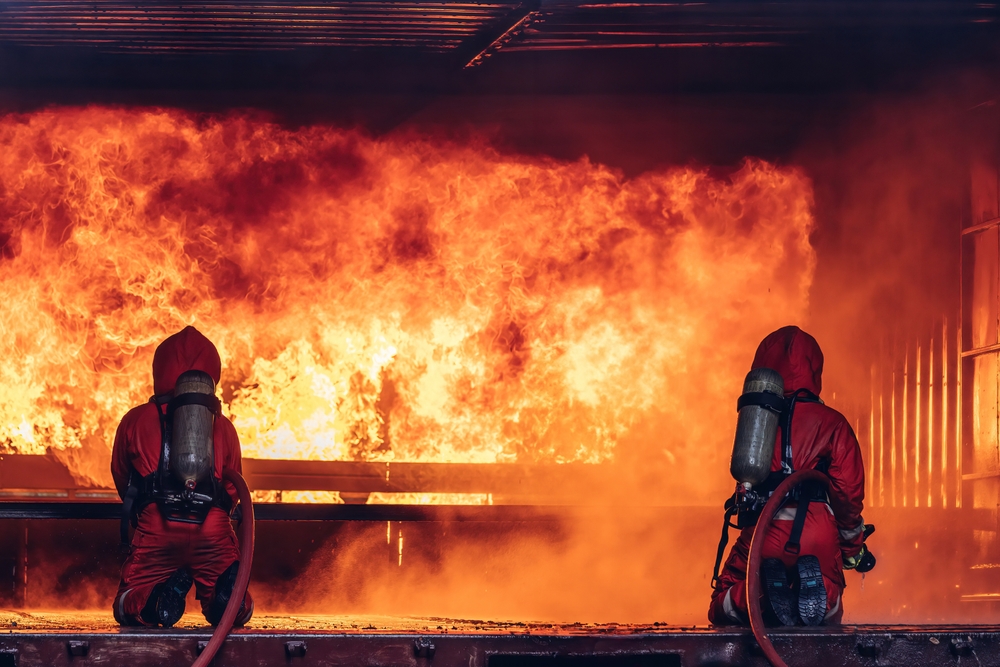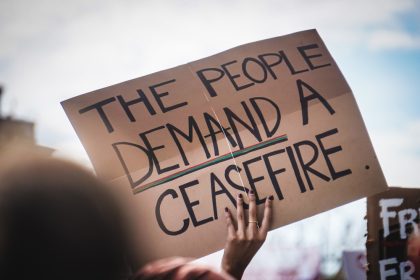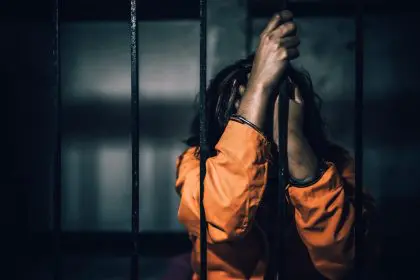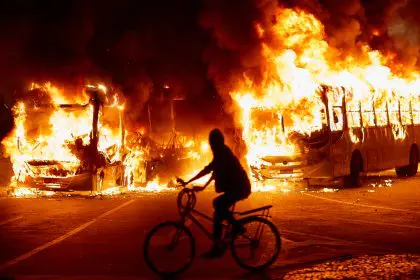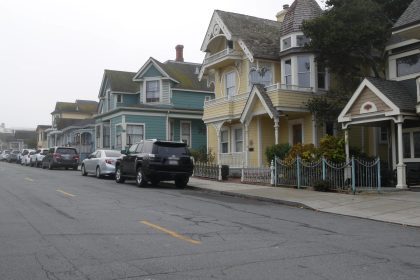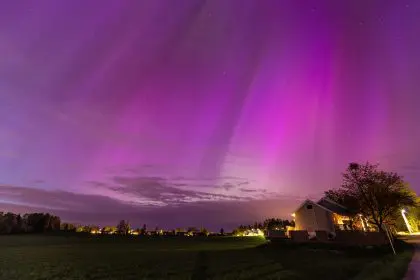The reality star, Kim Kardashian, is using her massive platform to expose the unfair treatment of incarcerated firefighters who risk their lives to save California homes
The unbelievable pay gap putting lives at risk
Picture this: You’re working a grueling 24-hour shift in scorching heat, carrying heavy equipment while flames rage around you. Your job? Protecting multimillion-dollar homes and potentially saving lives. Your pay? A measly dollar per hour. This isn’t some dystopian story – it’s the reality for hundreds of incarcerated firefighters battling the devastating blazes across Los Angeles right now.
Fighting fires and inequality
While celebrities evacuate their luxury mansions in the Palisades, incarcerated firefighters are on the front lines doing the same dangerous work as their civilian counterparts. The kicker? Regular firefighters earn up to $40 per hour, while these individuals make less than what most of us spend on our daily coffee.
A four-decade pay freeze that’s finally getting attention
The last time these firefighters saw a pay increase, Michael Jackson’s “Thriller” was topping the charts and the internet didn’t exist. That’s right – their $1 per hour wage hasn’t changed since 1984. Even more mind-blowing? A recent proposal to bump their pay to $5 per hour (still well below minimum wage) was shot down faster than a TikTok trend.
The real cost of cheap labor
The math here is pretty wild. These firefighters save California taxpayers approximately $100 million annually. Yet the state can’t seem to find the funds to pay them a wage that reflects the value of their work – or the risks they take. We’re talking about people working in conditions that would make most of us run in the opposite direction.
From prison yards to fire yards: A path to redemption
The story gets more complex when you consider what these firefighters are working toward. Many are using this dangerous job as a stepping stone to rebuild their lives. Thanks to recent legislation championed by advocacy groups, these individuals can now have their sentences reduced and certain felonies wiped from their records based on their service.
The career ladder paradox
Here’s where things get interesting: Some of these same firefighters, after release, could land positions paying six figures in fire departments. But first, they have to survive on dollar-store wages while risking their lives to prove they deserve that chance.
Breaking down the barriers to second chances
The Ventura Training Center has become a beacon of hope, offering formerly incarcerated firefighters the training they need to transition into legitimate firefighting careers. It’s like a master class in second chances – but getting there means first working under conditions that would make most labor rights activists’ heads spin.
The rehabilitation revolution
This isn’t just about fighting fires – it’s about fighting recidivism. Programs like these have shown impressive success rates in helping people rebuild their lives. But the question remains: How can we expect people to rebuild their lives on $1 per hour?
Why this matters more than ever
California’s fire seasons are getting longer and more intense each year. Climate change isn’t waiting for bureaucracy to catch up, and neither are the flames. The state desperately needs more firefighters, yet continues to undervalue one of its most dedicated forces.
The ripple effect
When we talk about criminal justice reform, this is where the rubber meets the road. These firefighters aren’t just serving time – they’re serving communities, protecting homes, and saving lives. The message sent by their current pay rate echoes far beyond the fire lines, reaching into every conversation about rehabilitation and second chances.
The path forward
The solution seems surprisingly simple: pay these firefighters a wage that reflects the dangerous and vital work they’re doing. It’s not just about fair compensation – it’s about acknowledging basic human dignity and the value of rehabilitation.
California’s governor now faces mounting pressure to be the first in 40 years to address this glaring inequality. With influential voices like Kardashian joining the chorus of advocates, the spotlight on this issue burns brighter than ever.
The question isn’t whether these firefighters deserve better pay – it’s why we’ve waited so long to give it to them. As more blazes threaten California’s communities, the time for action isn’t just approaching – it’s here, and it’s been here since 1984.

